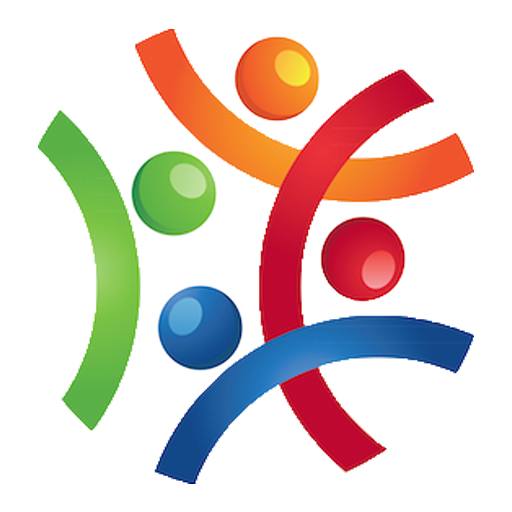Overview
This workshop is a tool for your leadership development. It is designed to help you create and accomplish your personal best, and to help you lead others to get extraordinary things done.
At its core, leadership means setting goals, lighting a path, and persuading others to follow. But the responsibility entails much more. Leaders must get their message out in a way that inspires, make the most of their limited time, and build roads to precious resources. They must negotiate alliances, improve their colleagues, and align the ambitions of the many with the needs of the organization.
What makes for a great leader? Is it something to do with inward characteristics, such as confidence and focus? Is it more about outward presence, including charm and compassion? Or is it about the ability to create a vision and get others to commit to it?
The answer is all of the above. By accepting the challenge to lead, you come to realize that the only limits are those you place on yourself.
Objective
Our objective is to ensure that the participants understand the basic responsibilities and goals of leadership as well as developing a personal understanding of leading people. Learning the four leadership styles and how can it help the leader in leading his/her team effectively. Understanding how to use effective techniques for leading people. Not to mention, giving techniques for employees coaching for a better performance and how to deliver a professional feedback.
Key Benefits
Develop the core skills and behaviors required to manage (self and others) effectively.
Learn how to manage performance effectively through objective setting, coaching and feedback.
Communicate effectively and motivate your team.
Outlines
Leadership: Definitions and Foundation Principles
Leadership defined
Managers vs. Leaders
Effective vs. Successful Leader
Leader challenges
Five practices and four roles of a leader
Characteristics and functions of a leader
Emotional Intelligence in the Workplace
Can leadership be taught?
Can emotional intelligence be learned?
Why do we as leaders need emotional intelligence in the workplace today?
People vs. Results orientation
The five components of emotional intelligence
Situational leadership
Leadership is a partnership
Leadership style defined
Four leadership styles
Four development levels
Directive vs. Supportive behavior
Directive functions : goal setting, prioritization, missioning, and planning
Supportive functions: Listening, communication, building trust , delegating and empowering
- Leading People
Building trust
Communication
Listening
Feedback types and techniques
One-on-ones
The ‘I need’ mindset
Coaching through conflict - Delegation
What is delegation?
When do we delegate?
- Target Audience
Supervisors, managers, directors, and individuals wanting to develop their leadership skills




